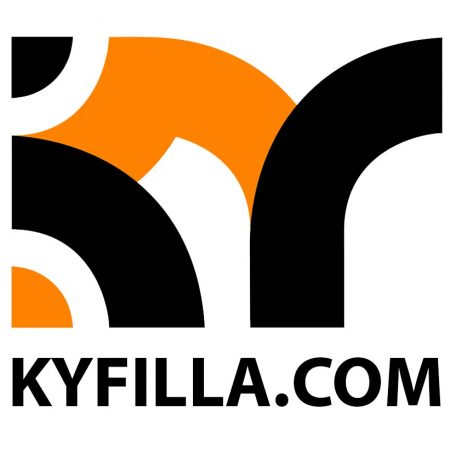Mr. Kwasi Bonzoh, District Chief Executive for Ellembelle in the Western Region says meeting the hopes and aspirations of the local people in the oil and gas sector continue to be a pressing issue that needed to be addressed.
He said the hopes and aspirations of the indigenes have so far not been met, coupled with the high cost of living in the district, which is continually aggravating the poverty situation in the area.
Mr. Bonzoh told the World Bank Country Director, Mr Henry Kerali and his team at Kikam that despite the direct effects oil and gas activities had on the lives of the people they were yet to become full participants in the industry.
“Our people continue to agitate and we have always calmed them but the early warning signals really communicate that we as stakeholders must find solutions as soon as possible to avoid any social security issues.”, he said.
The World Bank Country Director was in the district to inspect some projects funded by the World Bank and solicit feedback from the users of the facilities.
The team first visited the Kikam Technical Institute where the World Bank had renovated the mechanical, welding and fabrication workshops for the school to help in education.
Although the students and instructors of the school acknowledged and appreciated the putting up of the modern edifice, they however bemoaned the lack of requisite teaching and learning materials to enable the students to be practically equipped for the job market.
Mr. James Amoah, the Head of Department, Electronics, complained about the neglect of other sectors of electronics education, adding that, prices were high and affecting technical education.
Mrs. Emma Otoo, the Principal of the school said the school was working out on standard certification with UK and Canada to enable the students to have industry accepted certificates.
The team later inspected water projects at Esiama and Elubo, where it came to the fore that the high cost of accessing potable water has become a burden on the communities these World Bank facilities were supposed to serve.
At Elubo, the World Bank had put up a 17, 600 litre capacity elevated tanks to serve the 2,100 population of the area.
The community hitherto relied on two boreholes, which produced only 6000 litres of water daily.
Some community members, however, complained about the connection fee of GH¢1,500 being too high.
Mr. Kerali said boosting shared economic values and properties, as well as ending extreme poverty could only be achieved when the needs of local communities were met and promised to engage with the authorities for solutions to all the issues raised.
READ ALSO: Illegal Mining: No traditional authority will be spared if caught – Wassa East DCE
Source: Modern Ghana


